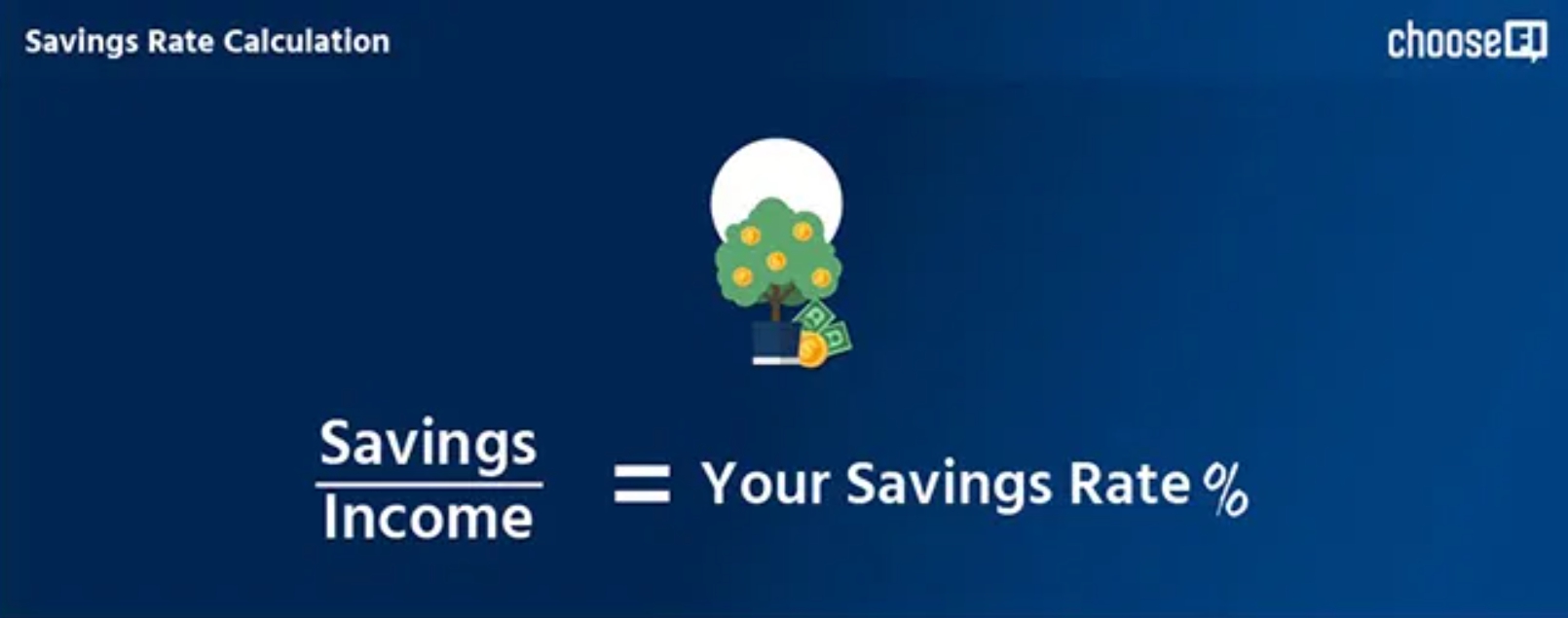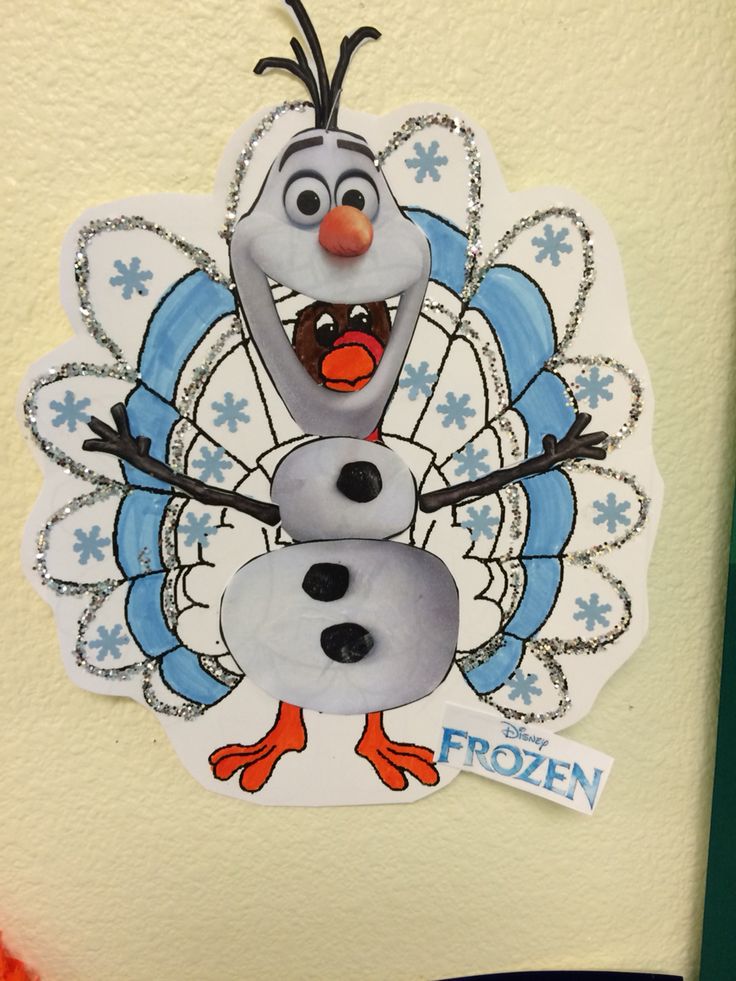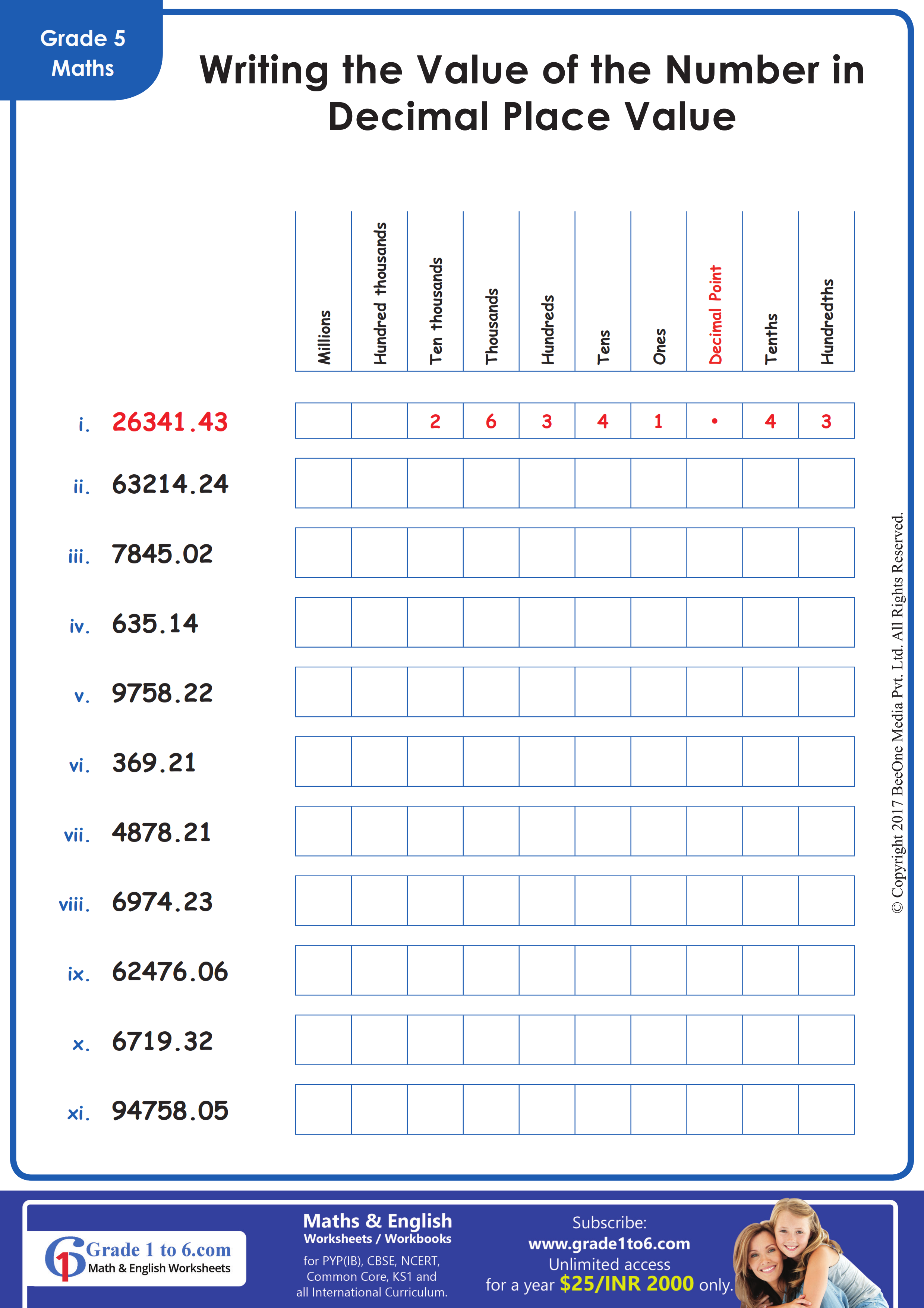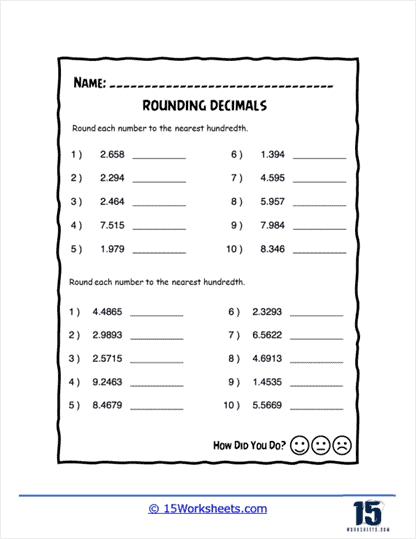Modal Auxiliary Verbs Worksheet
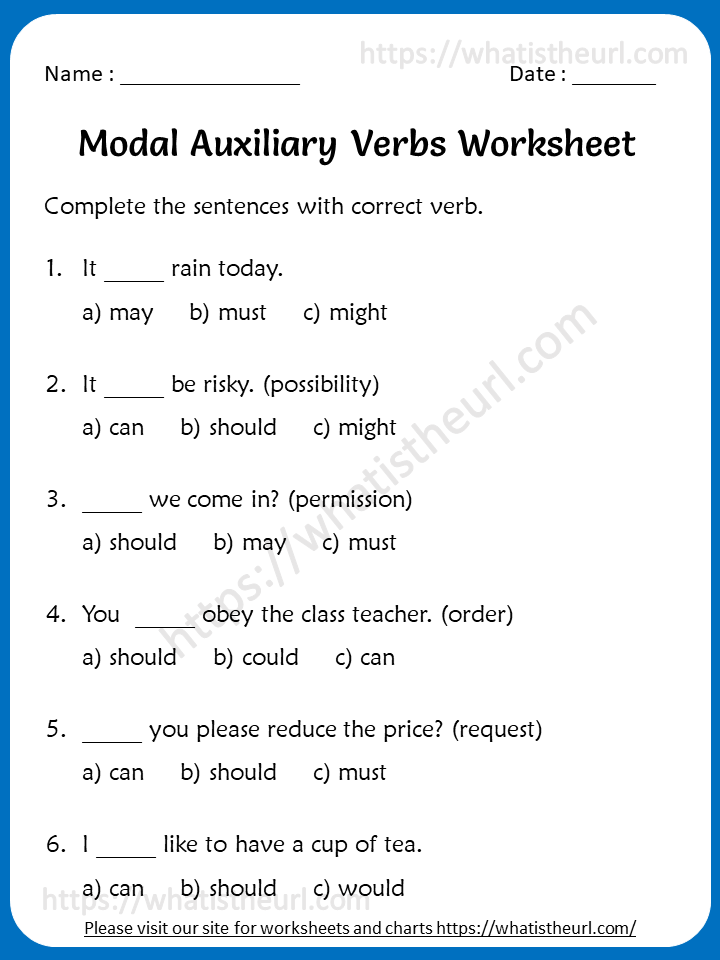
Understanding Modal Auxiliary Verbs
Modal auxiliary verbs are a type of auxiliary verb that expresses modality, which is the way in which something is done or the way in which something is expressed. These verbs are used to indicate degrees of possibility, ability, permission, obligation, and necessity. In this post, we will explore the different types of modal auxiliary verbs, their meanings, and how to use them in sentences.
Types of Modal Auxiliary Verbs
There are nine modal auxiliary verbs in English: can, could, may, might, shall, should, will, would, and must. Each of these verbs has a different meaning and is used in different contexts.
- Can: ability or possibility
- Could: past ability or possibility
- May: permission or possibility
- Might: possibility or uncertainty
- Shall: future action or intention
- Should: advice or recommendation
- Will: future action or intention
- Would: past habit or hypothetical situation
- Must: necessity or obligation
Using Modal Auxiliary Verbs in Sentences
Modal auxiliary verbs are used to express different degrees of modality in sentences. Here are some examples:
- Ability: I can speak three languages. (present ability)
- Permission: You may go to the party. (permission)
- Possibility: It might rain tomorrow. (possibility)
- Obligation: You must finish your homework. (necessity)
- Advice: You should study harder. (recommendation)
- Future action: I will go to the movies tonight. (future intention)
Modal Auxiliary Verbs in the Past Tense
When using modal auxiliary verbs in the past tense, we use the following forms:
- Could: I could play the piano when I was a child. (past ability)
- Might: I might have passed the exam if I had studied harder. (past possibility)
- Should: I should have studied harder for the exam. (past advice)
- Would: I would play soccer every day when I was a kid. (past habit)
Modal Auxiliary Verbs in the Present Perfect Tense
When using modal auxiliary verbs in the present perfect tense, we use the following forms:
- Have been able to: I have been able to speak English fluently since I was a child. (present ability)
- Have had to: I have had to work hard to achieve my goals. (past obligation)
- Have been allowed to: I have been allowed to travel to many countries. (past permission)
Common Errors with Modal Auxiliary Verbs
Here are some common errors to avoid when using modal auxiliary verbs:
- Using “can” instead of “could” in the past tense
- Using “may” instead of “might” in the past tense
- Using “shall” instead of “should” in the present tense
- Using “will” instead of “would” in the past tense
📝 Note: It's essential to use the correct form of the modal auxiliary verb depending on the context and tense.
Practice Exercise
Complete the following sentences using the correct modal auxiliary verb:
- By the time I ______ (finish) my homework, it was already midnight.
- If I ______ (study) harder, I would have passed the exam.
- You ______ (be) able to speak English fluently if you practice every day.
- I ______ (have to) work hard to achieve my goals.
- By next year, I ______ (be able to) speak three languages.
Answers
- had finished
- had studied
- will be able to
- have had to
- will be able to
Conclusion
Modal auxiliary verbs are an essential part of the English language, and mastering their use can help you express yourself more accurately and effectively. Remember to use the correct form of the modal auxiliary verb depending on the context and tense, and practice using them in different sentences to improve your skills.
What are modal auxiliary verbs?
+Modal auxiliary verbs are a type of auxiliary verb that expresses modality, which is the way in which something is done or the way in which something is expressed.
What are the nine modal auxiliary verbs in English?
+The nine modal auxiliary verbs in English are can, could, may, might, shall, should, will, would, and must.
How do I use modal auxiliary verbs in the past tense?
+When using modal auxiliary verbs in the past tense, we use the following forms: could, might, should, and would.
Related Terms:
- Modal verb exercise 1
- Modal verbs worksheet PDF
- Modal verbs test
- Worksheet Modal verbs
- Modal auxiliary in English
